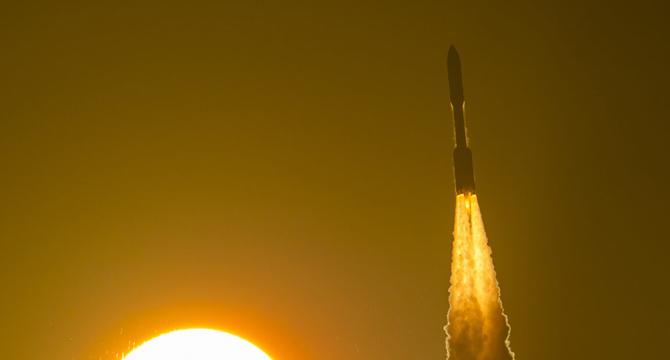Arstechnica
3w
88

Image Credit: Arstechnica
Crunch time—we’ll soon find out if Amazon’s launch providers are up to the job
- United Launch Alliance launched 27 broadband Internet satellites for Amazon, marking the second successful launch for Amazon's Project Kuiper, aiming to rival SpaceX's Starlink.
- The Atlas V rocket took off from Cape Canaveral and delivered the satellites into the targeted orbit of around 280 miles above Earth.
- Project Kuiper plans to have 3,232 satellites in low-Earth orbit for global coverage, with Amazon procuring over 80 launches from various providers.
- ULA secured the majority of launch contracts for Kuiper, with plans for Vulcan rockets to deploy 45 Kuiper satellites per flight in the future.
- Amazon also has launch contracts with Europe's Ariane 6 and Blue Origin's New Glenn rockets, although these newer rockets have limited flight history.
- SpaceX's Falcon 9, already operational with Starlink missions, is among Amazon's providers due to its proven cadence of frequent launches.
- ULA aims to increase launch capacity in Cape Canaveral to meet Amazon's demands, supported by Amazon's investment of $2 billion for manufacturing and launch upgrades.
- New infrastructure developments at Cape Canaveral, including additional hangars and launch platforms, are crucial for the success of Kuiper missions.
- Amazon faces a deadline to deploy at least 1,616 satellites by July 2026, with previous delays affecting the timeline, yet FCC extensions are possible.
- The article concludes that despite delays, momentum is key for Kuiper's success, anticipating FCC extensions and execution from Amazon and its launch providers.
- Amazon's satellite deployment plans are dependent on the progress and reliability of its chosen rocket providers to meet FCC requirements.
Read Full Article
5 Likes
For uninterrupted reading, download the app